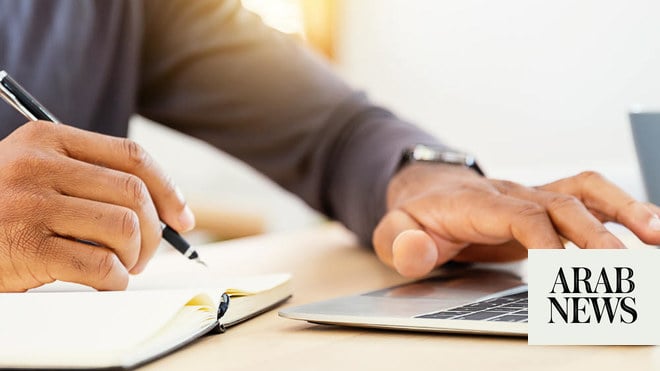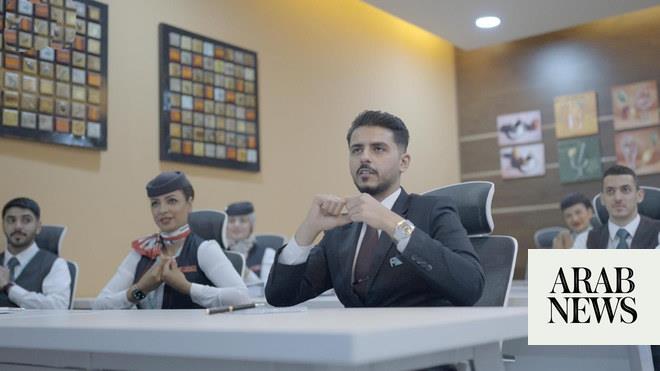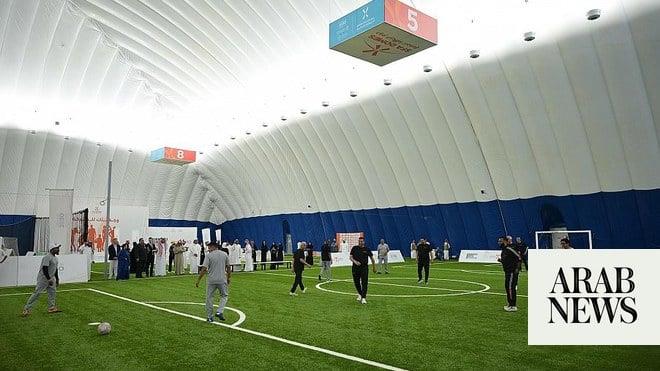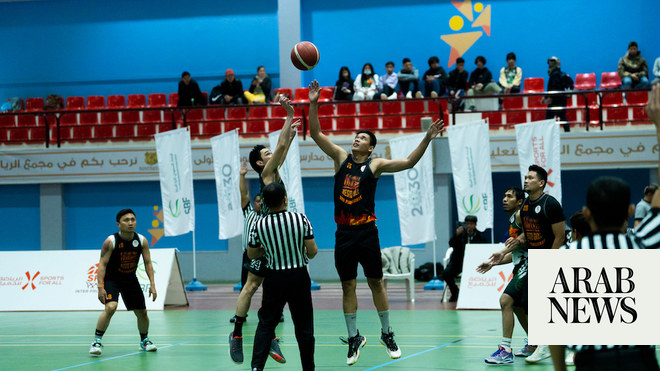
KAICIID’s secretary-general, Dr. Zuhair Alharthi, said that the second edition of the fellowship program was launched following the success achieved in the first edition, which helped journalists combat hate speech and promote a culture of dialogue
RIYADH: The King Abdullah International Centre for Interreligious and Intercultural Dialogue, KAICIID, announced on Thursday the launch of the second edition of its Journalism Fellowship Program for Dialogue in the Arab region.
The program targets a new group of male and female journalists from the Arab region who will receive training on dialogue journalism, conduct professional reports that focus on matters related to interfaith and intercultural dialogue, religious relations, identity, and conflicts.
The aim is to enhance pluralism, diversity, peaceful coexistence, set ethical standards of journalism, and to combat hate speech.
KAICIID’s secretary-general, Dr. Zuhair Alharthi, said that the second edition of the fellowship program was launched following the success achieved in the first edition, which helped journalists combat hate speech and promote a culture of dialogue.
According to the approved schedule for the program, selected candidates will be invited for interviews by late February, with the program to begin online in March followed by on-the-ground training in April.
As per the admission rules to the program, a relevant committee should select between 20 to 25 journalists between the ages of 28 and 40.
They must be working in print, audio, or digital media, and have at least five years of experience in journalism or in other related fields; they must have a professional record in sensitive conflict environments, and they need to be citizens of an Arab country.
Wasim Haddad, the director of programs in the Arab region, said: “This program is one of the main axes within the center’s work strategy in the Arab region, which primarily aims at building social cohesion and promoting the values of dialogue and common citizenship through intensified work and building partnerships with religious leaders, policy makers, the youth, and women as main pillars of change in the region, as it is clear to everyone the leading roles the media can play in this regard.”












